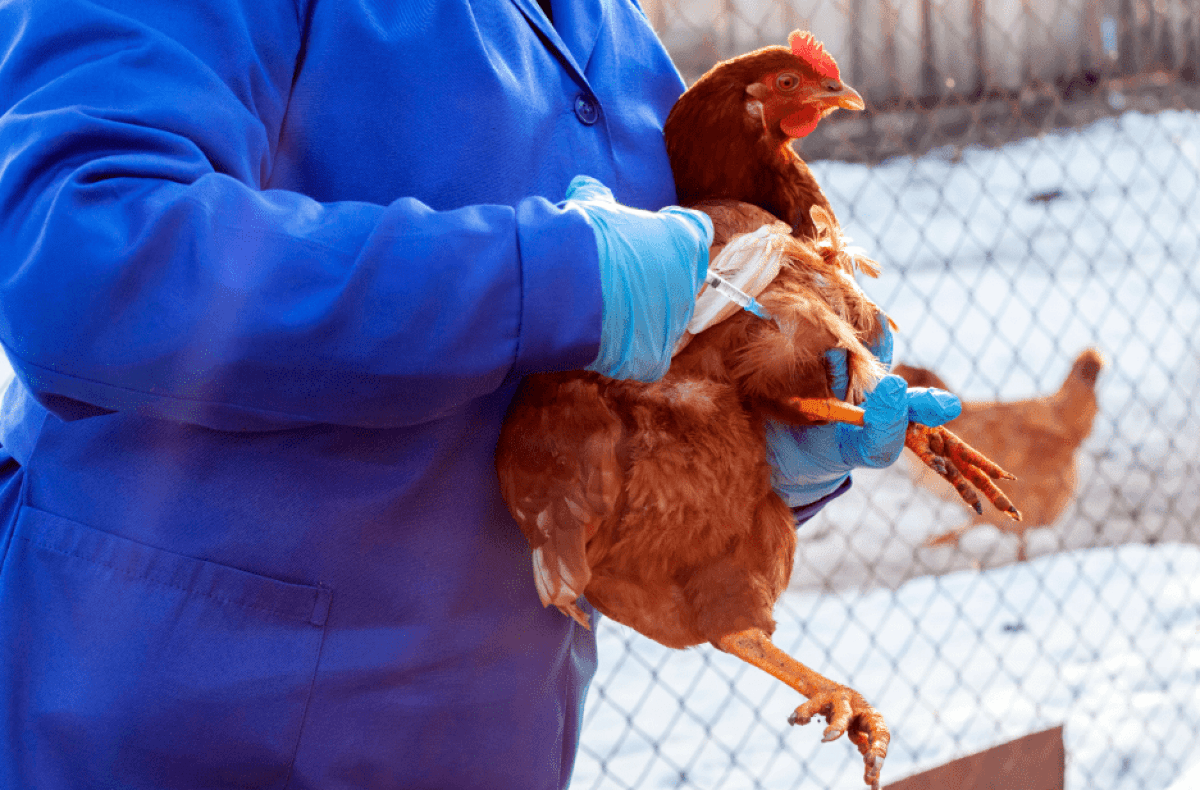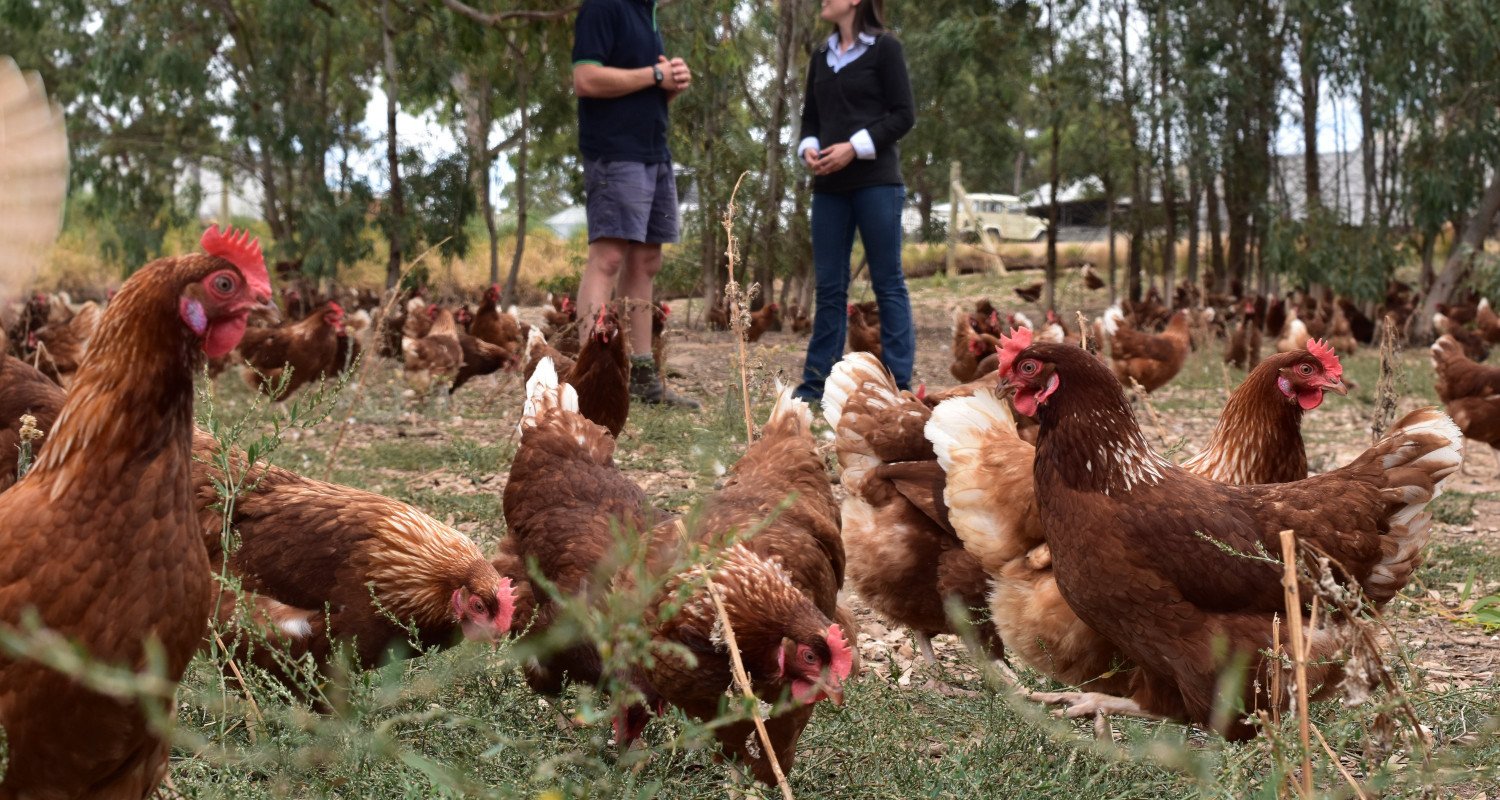
Evaluation of the duration of immunity induced by a vaccination program against Salmonella Enteritidis 7A in laying hens in Australia (Stage 2).
- Organisation Scolexia Pty Ltd
- Full Report
- Publication
- Researchers Peter C. Scott, Timothy Wilson, José A. Quinteros, Arif Anwar, Tyrone Scott, Pollob Shil, Amir H. Noormohammadi
- Categories
Evaluation of the duration of immunity induced by a vaccination program against Salmonella Enteritidis 7A in laying hens in Australia (Stage 2).
In this research, a combination of live Salmonella Typhimurium and autogenous Salmonella Enteritidis (SE) vaccine did provide layers with a long- term humoral immune response, but did not prevent the shedding of Salmonella.

Recently, public concerns have been raised after cases of gastroenteritis associated with the consumption of table eggs in Australia. These cases were traced back to farms where Salmonella Enteritidis (SE) infection was confirmed. Based on the experience of other countries, the best measure to prevent the infection of chickens is by vaccinating the hens with a program including both live and attenuated SE vaccines. However, Australia does not have approved live or attenuated SE vaccines.
In an earlier stage of this research three different vaccination programs were tested for their efficacy in SE prevention in laying hens. In this second stage of the research, the long- term protection of a vaccination program combining live Salmonella Typhimurium and autogenous Salmonella Enteritidis vaccines was tested.
To test the long- term protection of this vaccination program, vaccinated hens were challenges with SE 35 weeks after their second dose of vaccine. Their antibody levels, the colonisation of SE in their ovary and faecal shedding of SE were compared to that of non- vaccinated layers, also challenged with SE.
The researchers found that while the vaccine treatment did provide a lasting (until 35 weeks post vaccination) humoral immune response, there were no differences in faecal shedding between the vaccinated and non- vaccinated layers.
No vaccinated birds had infected ovaries but due to a low level of infected ovaries in the positive control group no statistical difference could be confirmed.

